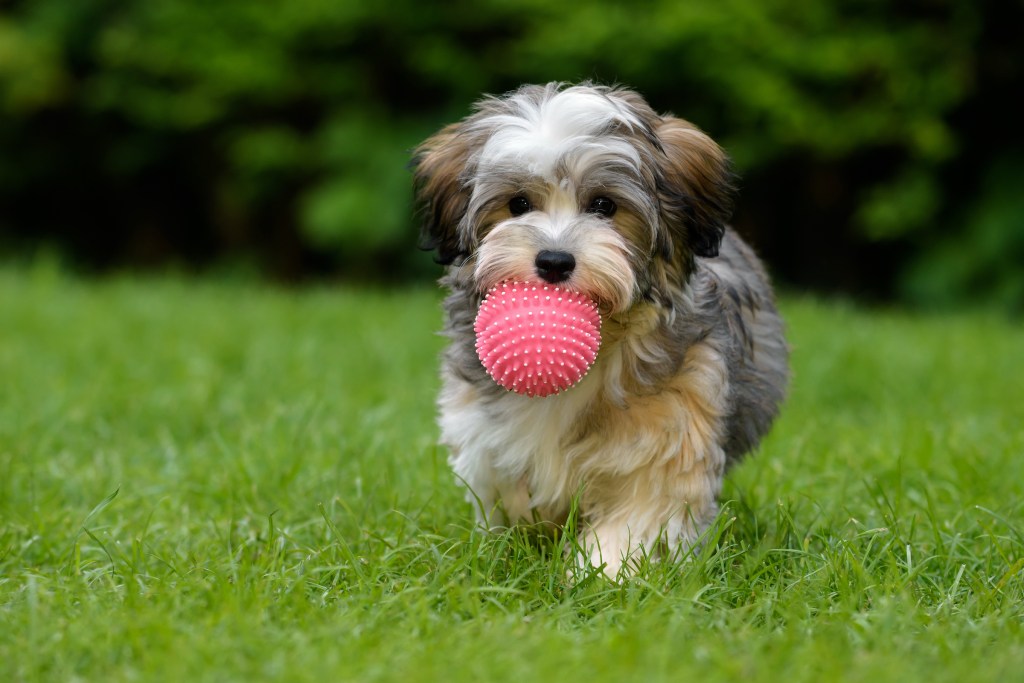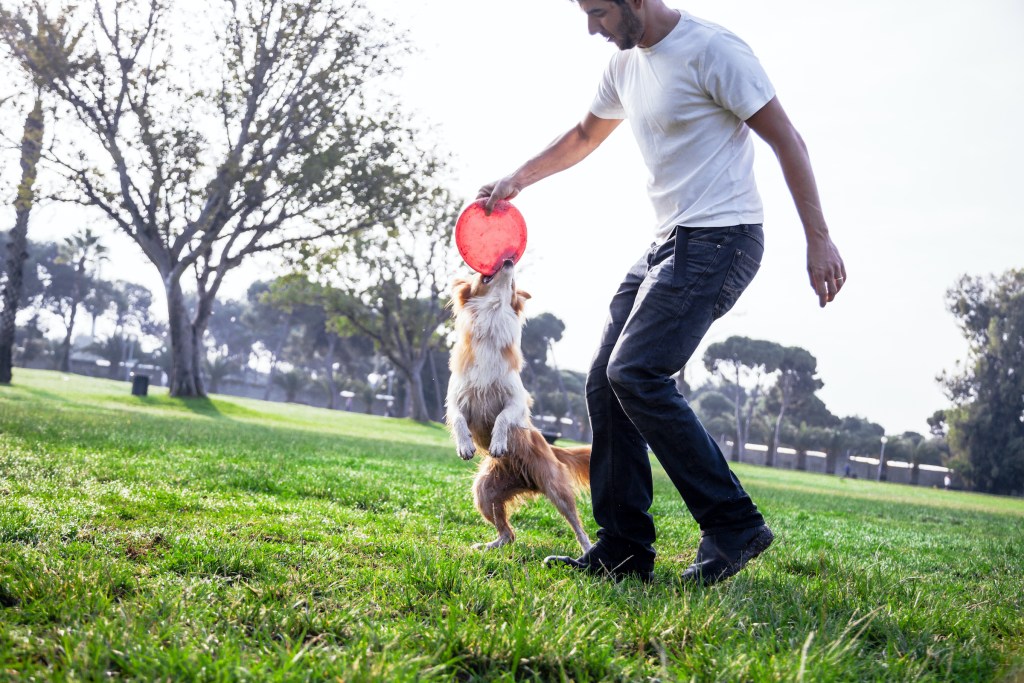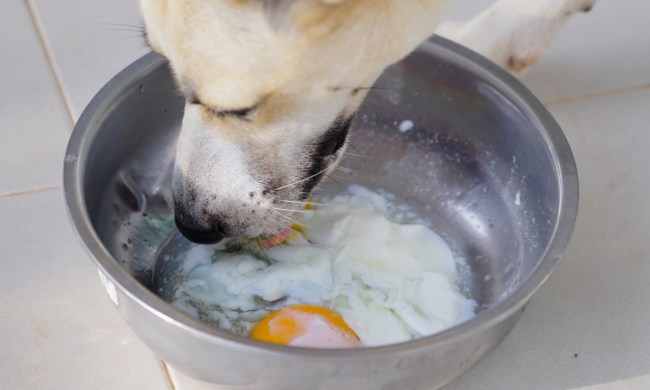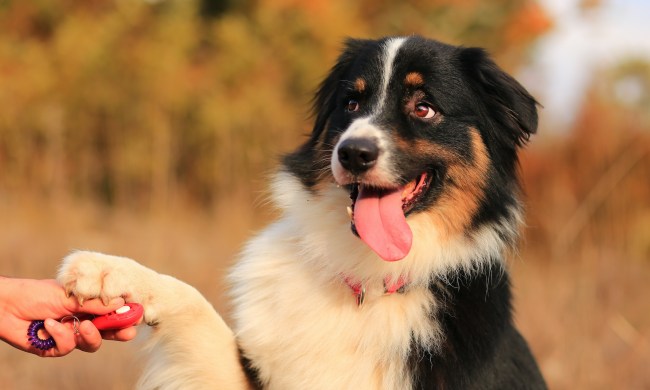If your pooch is a dog fetch fanatic, this might come as bittersweet news. It’s always great to learn about new ways to protect your pet from injury, but no one likes to put a limit on their buddy’s favorite game. Still, you might want to reconsider how many rounds of fetch you play next time you’re outside. As it turns out, this popular game can do more harm than good for your fur baby’s health.
From repetitive injuries to freak accidents — and even fetch-related illnesses — there are hidden dangers with every ball your dog chases. Of course, you won’t have to stop playing fetch altogether, but cutting back may not be such a bad idea. Here’s why:

Is there such thing as too much fetch?
Even though many dogs go bonkers for a game of fetch, there can be too much of a good thing. As their pet parent, it’s your responsibility to keep a careful eye on your buddy to make sure they aren’t pushing themselves to the point of injury or exhaustion. Too many rounds of fetch can even have negative effects on your dog’s mental health, so you’ll want to look out for signs of stress as well (via Burgess Pet Care).
According to professional dog trainer Sara Reusche, stress in canines can look like:
- Dilated pupils
- Fast heart rate
- Panting/hyperventilation
- Poor impulse control
- Shaking or teeth chattering
- Vocalization
- Jumping
- Mouthiness
- Freezing in place
- “Locking in” on an object of interest
- Pacing or spinning
If your dog is repeatedly exposed to high levels of stress — even “positive stress” like excitement — the stress hormones in their body can have long-lasting consequences, like diabetes or kidney disease (via LakeCross Veterinary). Think of this as one more reason why you should save a game of fetch for special occasions… or at least not every day.

Can I hurt my dog playing fetch?
Mental wellness isn’t the only concern when it comes to one of dogkind’s favorite games. A number of injuries can happen, whether by a freak accident or over time, and you may not even know it. Dogs are naturally stoic, notes Grand Valley Vet, so it can take a while before you realize they’re hurt. Hiding pain helps animals not seem weak or vulnerable in the wild; even though this isn’t a concern for most dogs today, the instinct can be just as strong.
A number of accidents, like wipeout injuries and broken toes, can happen when a game of fetch gets a little too exciting. Canine rehabilitator Carolyn McIntyre sees many four-legged patients who were hurt during play, and the most common injuries include:
- Repetitive strain injuries
- Cranial cruciate ligament tears
- Toe injuries
- Impact injuries
- Impaling
- Splinters
- Broken bones
Tears, strains, and stress fractures are more likely to result from many long games of fetch instead of one ball toss gone wrong. Gradual injuries can be more difficult to notice, but if you keep a keen eye on your pup’s behavior, you’ll be able to catch it before it becomes a major, long-term problem.
McIntyre recommends warming up your dog before indulging in a game of fetch. This can look like a short walk or a less demanding form of play, but it can also be what keeps your furry friend from injury. Never say fun can’t be important!
Exhaustion and heat stroke are also common concerns with long games of fetch, especially in summer. You can reduce the risk for these serious problems by keeping your best buddy hydrated and out of the sun, but it’s best not to spend time outside during the warmest, midday hours.

Why is my dog limping after playing catch?
Limping can be a symptom of a number of injuries, from arthritis to splinters or even a broken foot. Unless you’re a veterinarian, you’re not expected to know exactly what’s going on. Of course, a quick look over your pet might tip you off to a burr stuck in their paw or a sore spot on their leg, but you should consult a veterinarian if it’s an ongoing problem. A number of easy, at-home treatments can have your furry friend feeling like themselves again, so don’t hesitate!
Are you rethinking your next game of dog fetch? Even if you think your best bud can handle the repeated athletic stretch of the back-and-forth, we urge you to switch it up with some tug-of-war or a hike every now and then. Even small changes can make a huge difference, especially with repetitive strain injuries, so you’ll be doing your dog a favor!



